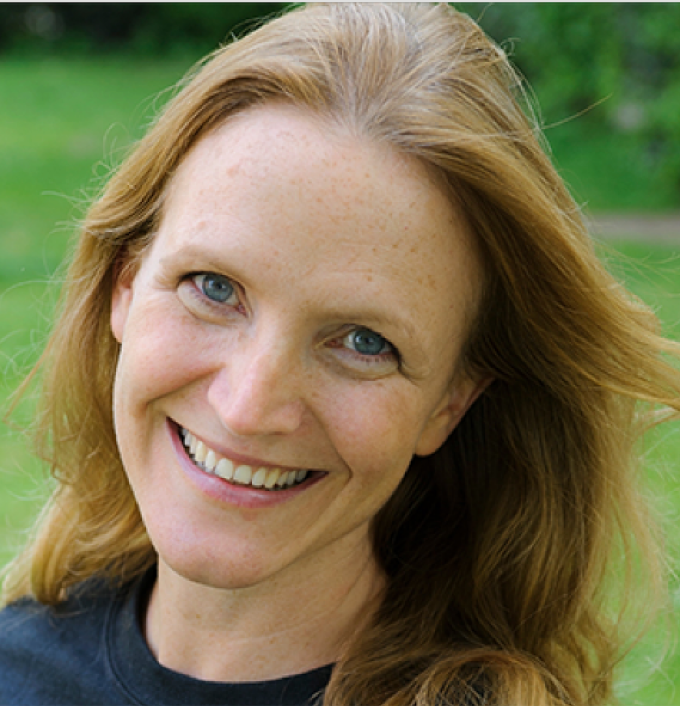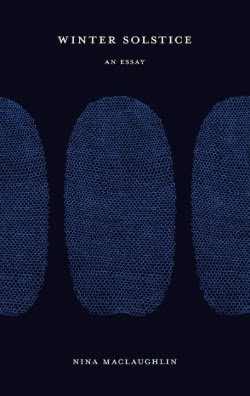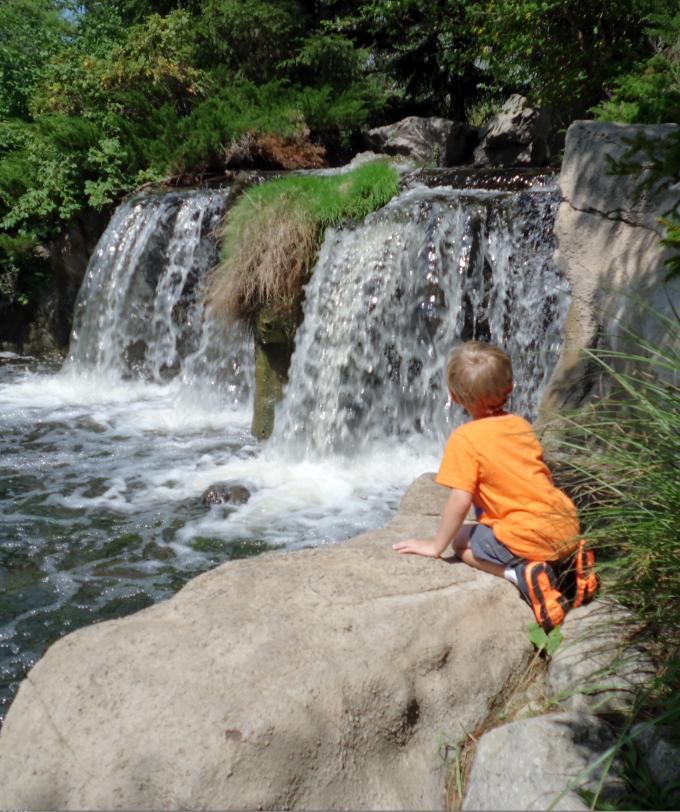May 9, 2025
Nature
'Nature literacy helps us reconnect and make the right decisions.'

Seirian Sumner is a Professor of Behavioural Ecology, University College London. But she says that she is most proud of Soapbox Science, an initiative that invites female scientists to stand on wooden crates on busy urban streets to talk to the public about their science. Image via UCL Centre for Biodiversity and Environmental Research
Seirian Sumner is a Professor of Behavioural Ecology, University College London. But she says that she is most proud of Soapbox Science, an initiative that invites female scientists to stand on wooden crates on busy urban streets to talk to the public about their science. Image via UCL Centre for Biodiversity and Environmental Research
Many people today lack basic knowledge and vocabulary about the natural world—a phenomenon known as “nature illiteracy.” Seirian Sumner argues that this disconnect is widening as we spend more time with technology and less time outdoors. Even science students, she notes, often view natural history as outdated or irrelevant.
She stresses that knowing how to notice, name, and nurture nature is essential—not only for environmental stewardship, but also for innovation, creativity, and well-being. Many technological advances have come from close observation of the natural world. Boosting nature literacy can also lead to more environmentally responsible choices—something we need as we confront converging climate and biodiversity crises.
"We weren’t always like this. Natural history is the study of nature: it is the oldest science. Natural selection ensured that early humans were brilliant naturalists, in order to find food and not become food. Nature inspired some of our most influential scientists, from Aristotle to Charles Darwin."
"Having the language to name and describe nature is a gateway to curiosity-driven innovation, creativity and discovery. This matters because our food, health and wellbeing, innovations and creativity depend on observation, curiosity and understanding of the natural world. From termite-mound inspired air-conditioning technology to burr-mimicking Velcro, and ant-led town planning."
ARTICLE: Here’s How to Create a more Nature-literate Society




